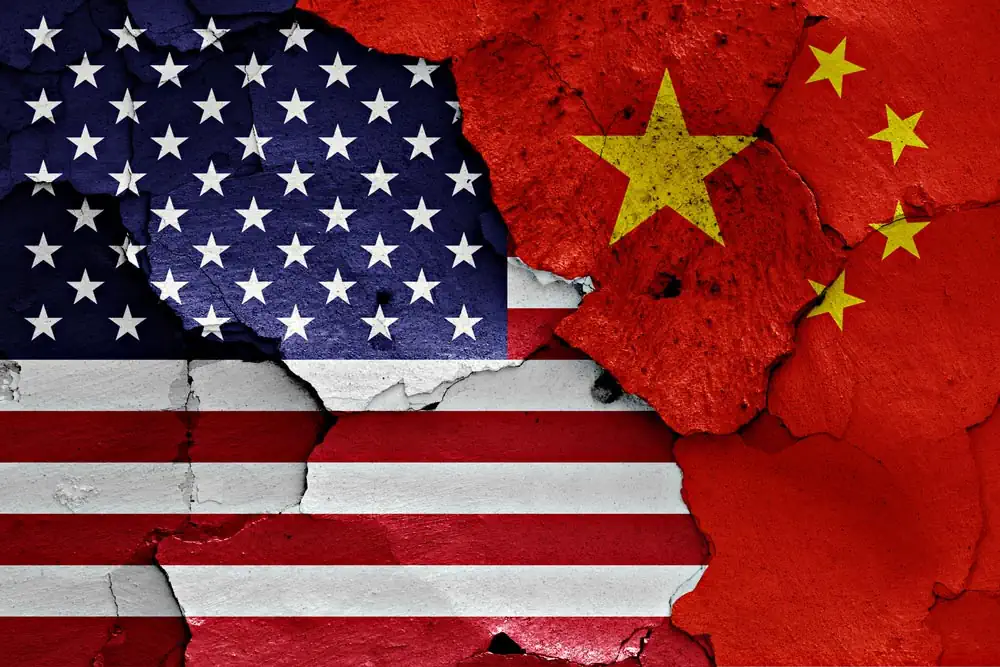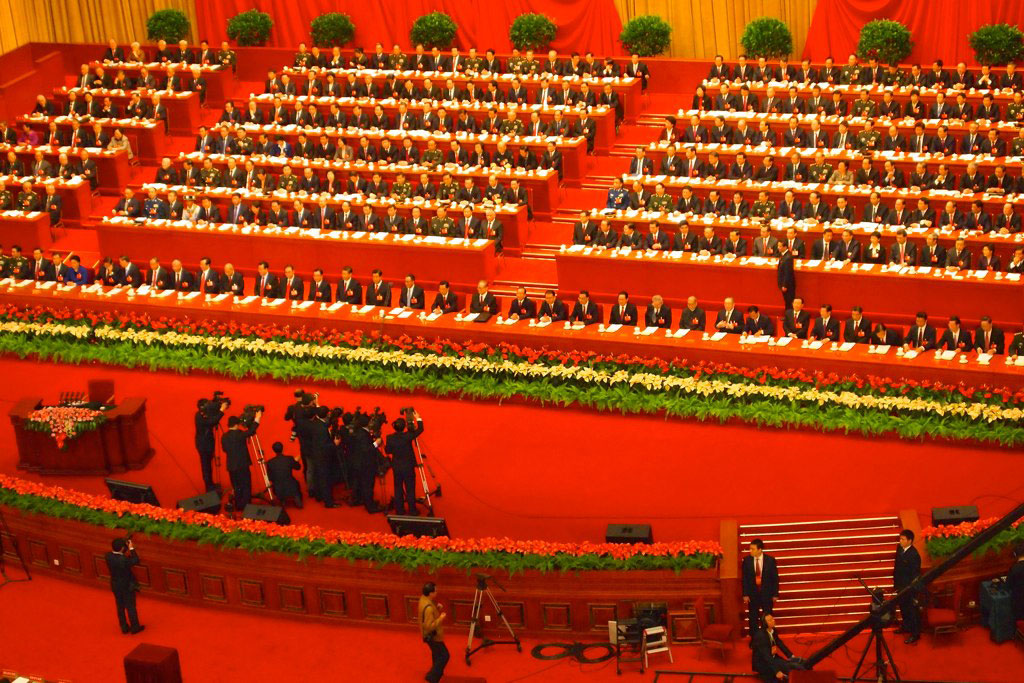In July, the Chinese Communist Party (CCP) will hold the Third Plenum of the Twentieth CCP Central Committee to discuss prevailing economic challenges in the People’s Republic of China (PRC). Major gatherings like this provide a critical window into a complex bureaucracy that is largely opaque. For national security professionals, these events also tell us what issues China’s leaders have come to agreement on and signal policy guidance that may be forthcoming.
The 2024 Third Plenum
CCP General Secretary Xi Jinping has taken the PRC down slightly altered paths, but many of his challenges remain like those faced by his predecessors. In essence, how do you balance economic progress, social stability, and maintenance of the party? These fundamental issues will be discussed in July at the party’s Third Plenum.
Here are the key facts about that upcoming event:
- Who: The Communist Party’s Twentieth Central Committee
- What: Third Plenary Session (aka Third Plenum)
- When: July 2024 (specific dates not announced at time of writing)
- Where: Beijing
- Why: CCP leaders use these forums to discuss key challenges among a large cadre of party members and share key decisions made by party leaders that provide guidance about how the CCP will address those challenges.
A Primer on Party Plenums
Like every good bureaucracy, the party holds meetings to debate issues, discuss solutions, and make decisions. The current Central Committee consists of 205 full members (and about 170 alternate ones). When the full Central Committee meets, those meetings are typically referred to as plenums or plenary sessions. According to Xinhua, the Chinese news service, the Political Bureau (better known as the Politburo) will “report its work to the Central Committee,” and the main agenda is to study “issues concerning further comprehensively deepening reform and advancing Chinese modernization.”
Xi Jinping has slightly altered the timing of plenums under his tenure. The delays in holding the Twentieth Party Congress’s Third Plenum, which should have occurred in 2023, likely indicate the seriousness of the economic challenges China faces as well as a lack of consensus within the party about how to address those challenges. While the July 2024 plenum is overdue, now that it is officially on the party calendar, it is likely that at least some consensus has been reached on key issues.
Since 1978, Third Plenums have often addressed economic issues. According to China expert Kenneth Lieberthal, Deng Xiaoping regularized Party Congress and Central Committee plenums. Normally, each five-year Party Congress held seven plenums. According to one summary by a researcher at Johns Hopkins School of Advanced International Studies, Zhuoran Li, each plenum typically had a specific agenda. The first and second are about personnel placements. Historically, third plenums focused on economic issues. The fourth plenum deals with legal or party issues, and the fifth centered on approving five-year plans. Because of the important role of five-year plans, fifth plenums could also end up addressing a wide variety of economic or reform issues covered under that five-year plan. As the Party Congress wraps up its five-year cycle, the final two plenums typically deal with ideology and planning for the next National Party Congress.
| Plenums: | Typical Topics |
|---|---|
| First | Party Personnel Appointments |
| Second | Government personnel appointments |
| Third | Economic policy and related reforms |
| Fourth | Legal or party issues |
| Fifth | Five-year plans |
| Sixth | Ideological issues |
| Seventh | Preparations for the next National Party Congress |
Entire books are written on the inner-workings of China’s bureaucracy—more than I can name here. But, if you are interested in diving into how the PRC party-state works, Teresa Wright’s Party and State in Post-Mao China is an accessible book I have previously used to teach undergraduates. If you want a fuller history that examines both the Maoist Period and the Reform Era, then Lieberthal’s Governing China remains a canonical work. For an excellent short summary on China’s political system, the Congressional Research Service regularly publishes highly-readable analysis on a wide range of topics.
Why should US national security professionals care?
The Third Plenum may be focused on economics, but the implications of the decisions taken there extend well beyond that field.
First, inside China, economics and national security have become more intertwined as the “comprehensive national security concept” has taken shape. National security professionals in the United States need to understand how China’s party bureaucracy operates if they are to create effective counter-strategies.
Second, many PRC policies that sound purely economic have national security implications. Making sense of PRC policy also means sifting through party jargon that is confusing to outsiders and buried in obtuse CCP language. Decisions made by the Politburo or its Standing Committee will emerge from these types of major party events. If major policy decisions are made at the Third Plenum, then a communique is usually published to share that decision and provide follow-on guidance to subordinate party organizations.
Third, for US naval professionals, the National Defense Authorization Act of Fiscal Year 2023 Section 913 clarified the peacetime roles for the Department of the Navy. According to United States Code, the Navy must also be prepared “for the peacetime promotion of national security interests and prosperity of the United States” in addition to expectations “to meet the needs of war” should that be necessary. Because of the prominent role that China now plays in US national security, promoting peacetime national security interests means more than monitoring China’s military modernization. It also includes making sense of economic activities that have national security implications.
The upcoming July plenum will certainly address internal economic issues, but many of China’s economic concerns will only be solved with the help of other nations. The Xinhua announcement of the upcoming plenum noted that for China to deepen reform “it is imperative to expand trade in intermediate goods, trade in services, digital trade and exports of cross-border e-commerce, support private enterprises to expand overseas markets, and intensify efforts to attract and make use of foreign investment.” This illustrates the fact that China is facing severe economic headwinds, and solving some of those problems will require trade with foreign countries as well as investment from foreign businesses. Yet, as China’s economic and national security policies have become more entangled, US and European businesses are having to make difficult choices about where and how to invest.
The Third Plenum meeting in July may announce new policies to assuage the concerns of foreign investors, or the event may simply reiterate current themes related to external risks and new productive forces. Regardless, national security professionals need to monitor these debates and China’s proposed solutions to assess future directions for China’s national security and economic policies.



